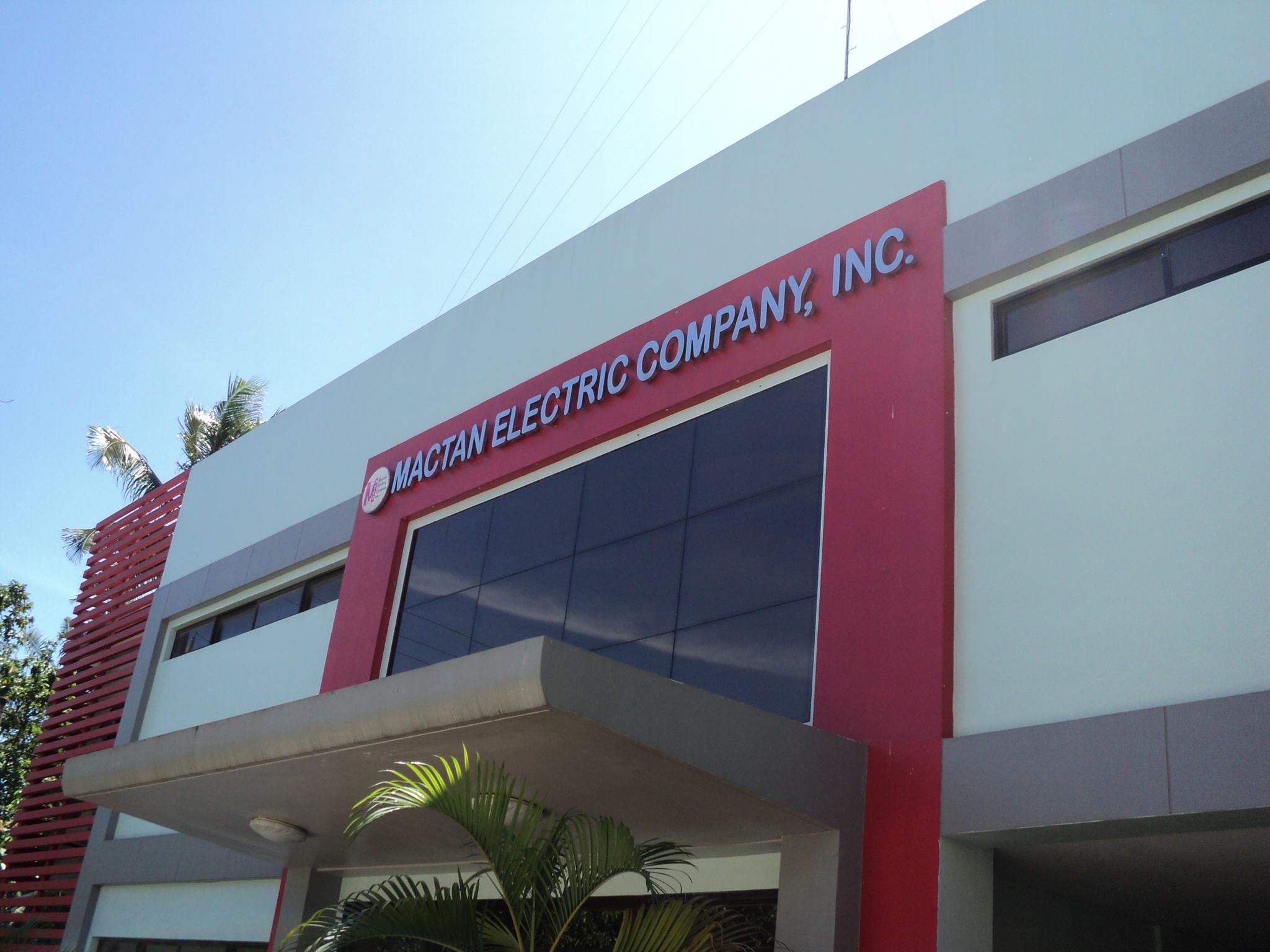HISTORICAL PROFILE
 Mactan Electric Company, Inc. (MECO) was incorporated and registered with the Securities and Exchange Commission (SEC) on January 24, 1967. MECO is primarily engaged in the business of electric power distribution. MECO is serving its franchise areas in Lapu-Lapu City, which includes Olango Island and the Municipality of Cordova, with 69,512 connections classified into four (4) Schedules of customers namely: Schedule 4 (residential), Schedule 3 (commercial, public buildings and street lightings, Schedule 2 ( Below 1MW),Schedule 1 (1 MW above) .
Mactan Electric Company, Inc. (MECO) was incorporated and registered with the Securities and Exchange Commission (SEC) on January 24, 1967. MECO is primarily engaged in the business of electric power distribution. MECO is serving its franchise areas in Lapu-Lapu City, which includes Olango Island and the Municipality of Cordova, with 69,512 connections classified into four (4) Schedules of customers namely: Schedule 4 (residential), Schedule 3 (commercial, public buildings and street lightings, Schedule 2 ( Below 1MW),Schedule 1 (1 MW above) .
During the initial operation of MECO from 1967 to 1973, it was only serving a number of residential customers and with the absence of big loads, there were limited economic activities. The major industries like General Milling Corporation, Shell Oil Company, Mobil Oil, among others, were generating their own power. However, from 1972 up to 1974, MECO registered and upsurge in its financial performance due to the operationalization of the Mactan-Mandaue Bridge, the Mactan International Airport, and the establishment of the Mactan Export Processing Zone (MEPZ). All these paved the opportunity for the opening of more industries and increased power demand.
In particular, the Philippines Airlines became MECO’s first industrial customer. In 1978, the National Power Corporation started its operation in Cebu. Given this, MECO was able to expand its operation, attaining a 98% of energizing the major roads within the franchised areas. In July 1997, Salcon Power Corporation together with Mr. Dennis T. Villareal, acquired 40% and 8.25% respectively of the capital stock of MECO. The remaining 42.06% is owned by Generco Systems, Inc. while 9.69% is owned by various shareholders.
On August 6, 1973, the National Electrification Commission (NEC) granted a Certificate of Franchise to MECO to operate an electric light and power for 25 years up to October 10, 1991. To date, MECO performs its roles as service provider and as an economic catalyst, to the areas and the customers it serves.
